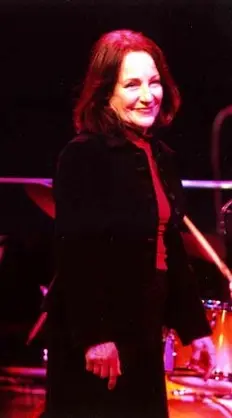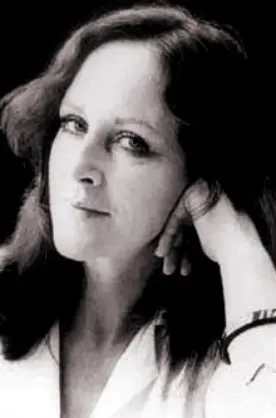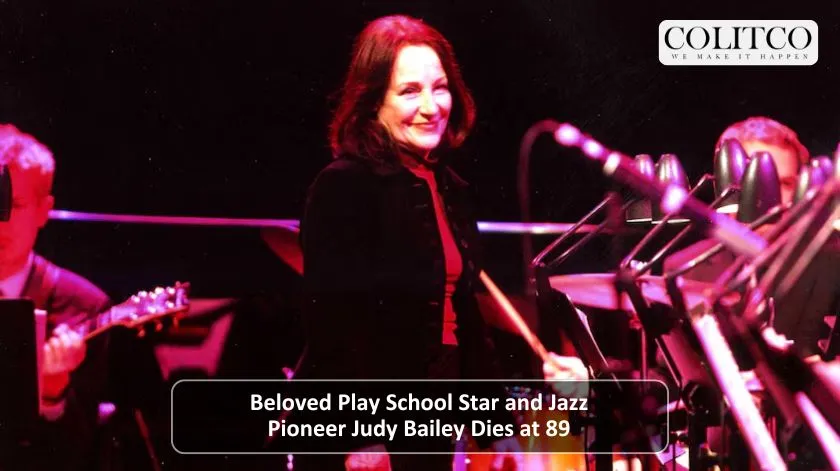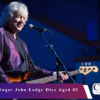Australia’s musical community mourns a legend as Judy Bailey, renowned jazz pianist and presenter of Australia Play School, has died in Sydney on August 8th. Judy Bailey passed away peacefully at her home in Willoughby at the age of 89.
The Auckland-born musician first picked up piano keys at age 10. Her prodigious talent became evident early when she earned a performance diploma from Trinity College London at just 16 years old.

Judy Bailey passes at 89
Bailey’s journey to Australian hearts began in 1960 when she relocated to Sydney and quickly immersed herself in the city’s thriving jazz scene. She became a regular performer at the iconic El Rocco club, where her sophisticated style and technical brilliance established her reputation among Australia’s jazz elite.
Her television career flourished across all three major networks during the 1960s and early 1970s. Bailey performed with Tommy Tycho’s Orchestra on Channel Seven, John Bamford’s Orchestra on Channel Nine, and Jack Grimsley’s Orchestra on Channel Ten, showcasing her versatility to mainstream Australian audiences.
Educational Pioneer and Children’s Television Icon
The year 1973 marked a pivotal moment in Bailey’s career when she joined the founding faculty of the Sydney Conservatorium of Music’s jazz studies program. This role reflected her deep commitment to nurturing the next generation of Australian jazz musicians.
That same year brought her into the world of children’s television through ABC’s Kindergarten program. Her gentle presence and musical expertise soon led to her most recognisable role on Play School, where she became a household name for Australian families.
Parents and children alike grew to love Bailey’s warm presentation style and her ability to make music accessible to young audiences. Her contributions to children’s education through television helped shape how generations of Australians first encountered music and learning.
Expanding Musical Horizons
Bailey’s influence extended far beyond television studios. She directed the Sydney Youth Jazz Ensemble, providing crucial mentorship to emerging talent. Her role as musical director for Sydney Opera House’s Bennelong jazz series further cemented her position as a leading figure in Australia’s cultural landscape.
International recognition came through her touring work with Musica Viva, taking her musical quartet throughout Southeast Asia and introducing Australian jazz to new audiences across the region.
The accolades accumulated throughout her career reflected the depth of her contribution to Australian music. Bailey received the Order of Australia medal in 2004, acknowledging her service to the performing arts. The APRA Jazz Composition Award recognised her creative talents, while the Distinguished Services to Australian Music award honoured her broader cultural impact.
Her induction into the Australian Jazz Hall of Fame in 2014 represented the pinnacle of recognition from her musical peers, confirming her status as one of the country’s jazz legends.
Lasting Musical Legacy
Tributes began flowing immediately following news of Bailey’s death. Musician Virna Sanzone captured the sentiment of many when she described Bailey’s boundless generosity and energy.
“I’m one of probably thousands of musicians lucky enough to have been mentored, nurtured and championed by Judy,” Sanzone wrote. “Her generosity, energy and positivity seemed to be boundless.”
Sanzone recounted how Bailey threw her “in the deep end so many times” during her early singing career, including performing as part of Bailey’s trio at the Opera House just two years after their first meeting in 1996.
“Judy taught us all so much,” she continued. “She taught people to listen, to really hear, deeply. What a precious gift for any musician.”
Bailey’s teaching philosophy emphasised deep listening and authentic musical expression, principles that influenced countless students and collaborators throughout her career.
Personal Remembrance
Bailey is survived by her children, Chris and Lisette, who witnessed firsthand their mother’s dedication to both family and musical excellence.
Her death marks the end of an era for Australian jazz and children’s television. From her early days performing in smoky Sydney clubs to her later years shaping young minds through television and education, Bailey maintained an unwavering commitment to musical excellence and accessibility.

The combination of technical mastery, educational passion, and genuine warmth that defined Bailey’s career created a unique legacy in Australian cultural history. Her influence on both jazz performance and music education will continue through the many musicians she mentored and the countless children who first discovered the joy of music through her television work.
Australian music has lost not just a talented performer, but a true educator and cultural ambassador whose work bridged the gap between serious artistry and popular entertainment, making sophisticated music accessible to audiences of all ages.












